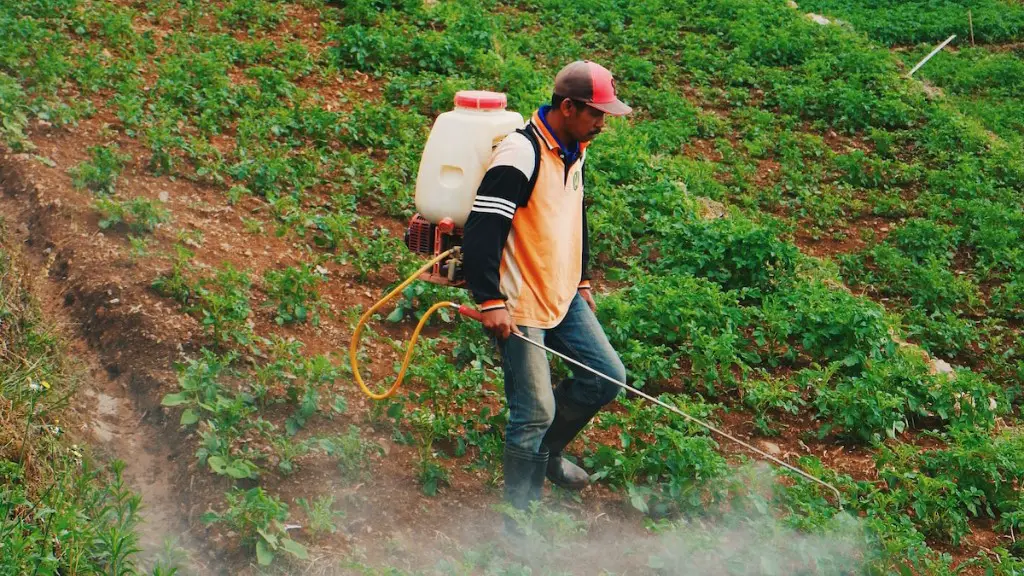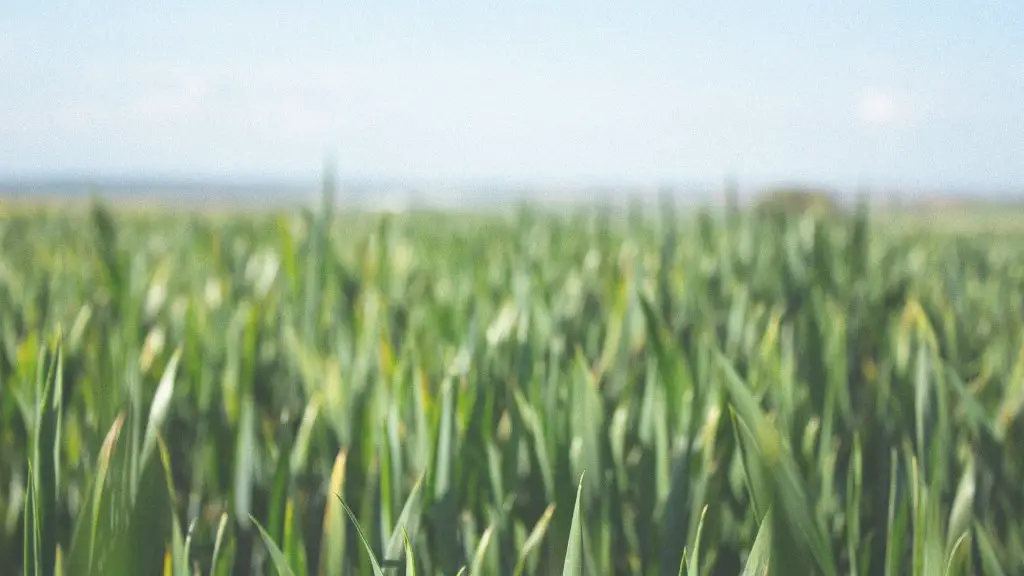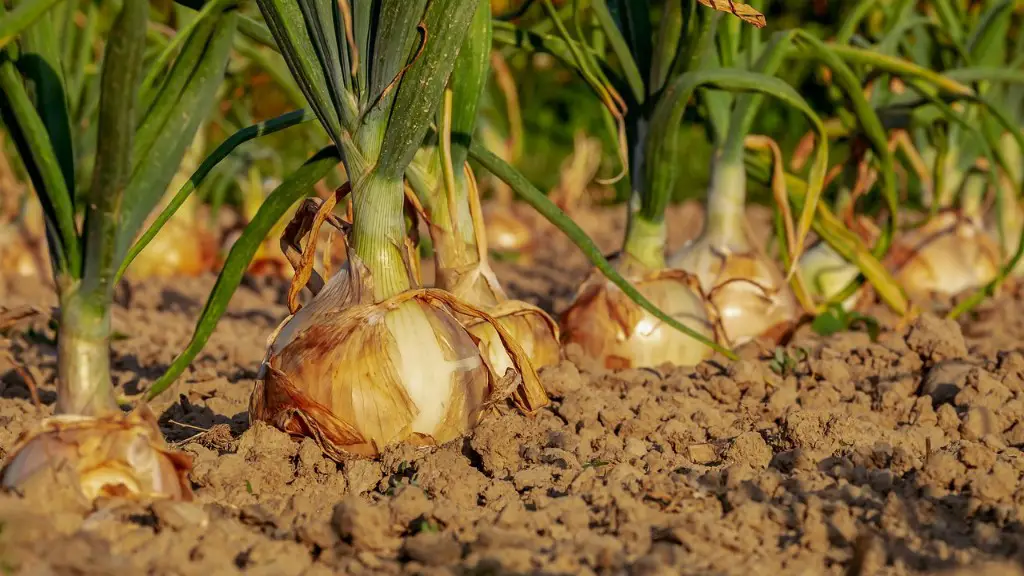Agricultural operations generate various types of waste, from hazardous to non-hazardous, including solid, liquid, and gaseous materials. Several different classifications of agricultural waste can be made, with the most commonly encountered being crop residues, animal manure, post-harvest spoilage, land-levelling spoil, pesticides, fertilizer, and agro-industrial wastes. Regardless of the type, all agricultural waste needs to be managed safely and efficiently to avoid pollution and public health risks.
Crop Residues
Crop residues are the plant parts that remain in the field after harvest, and typically consist of leaves, branches, husks, stalks, and cobs. These materials can be used in composting, soil enrichment, or as a bio-fuel, especially in developing countries where resources are otherwise limited. Crop residues can help improve soil fertility and organic matter, conserve moisture, and can help reduce soil erosion.
Animal Manure
Animal manure is a by-product of the farming industry and is composed of the excreted waste of livestock, poultry, or fish. Animal manure is rich in nitrogen and phosphorus and can be used as fertilizer for crops, or for energy production. Proper management of animal manure is important to reduce the risk of water contamination from runoff.
Post-Harvest Spoilage
Post-harvest spoilage is a natural decay process of harvested crops due to their exposure to certain environmental factors. Spoilage, in the form of rotting and discoloration, can occur, making crops unfit for human consumption or animal feed. Preventative measures, such as the proper storage of harvested crops, can help minimize spoilage.
Land-Levelling Spoil
Land-levelling spoil is soil removed during tractor operations, such as land grading and levelling. This soil may contain crop residues, animal manure, and other materials that can be used for various purposes. This spoil often can be used on-site to improve soil quality or can be sold as a soil amendment.
Pesticides
Pesticides are widely used in agricultural operations as a way to control pests, weeds, and other nuisance organisms. Certain synthetic pesticides can be highly toxic, and can leach into waterways if proper precautions are not taken. Alternatives to synthetic pesticides, such as plant-based extracts, are being developed and used more frequently to help reduce the potential negative impacts of pesticides.
Fertilizers
Fertilizers help increase crop yields by replenishing the soil with essential nutrients. Different fertilizers may contain nitrogen, phosphorus, or potassium, as well as other micronutrients that help improve soil quality and crop development. Fertilizers can be synthetic or of a natural origin, such as manure or compost.
Agro-Industrial Waste
Agro-industrial waste includes any by-product from the transformation of plant or animal materials into food, beverages, or other products. Common examples include syrups, extracts, animal hides, feathers, or blood. These materials may contain toxins or contaminants that could harm the environment if not managed properly. Treating and disposing of agro-industrial waste requires specialized techniques to avoid pollution.


